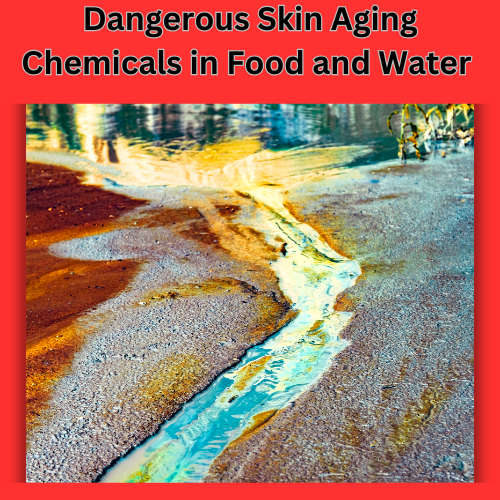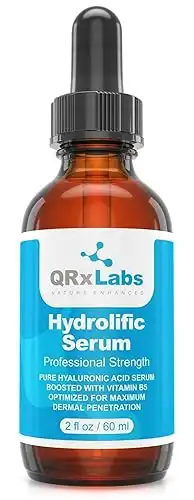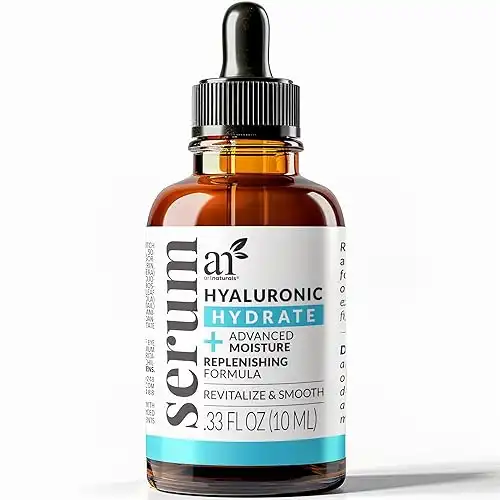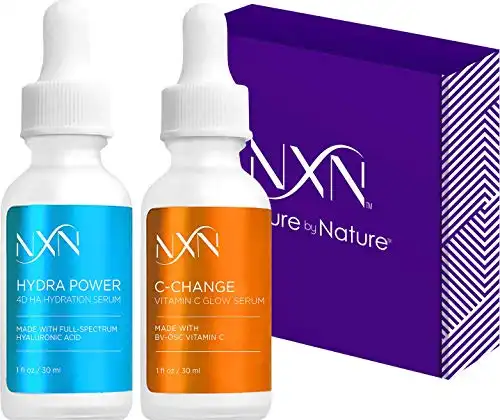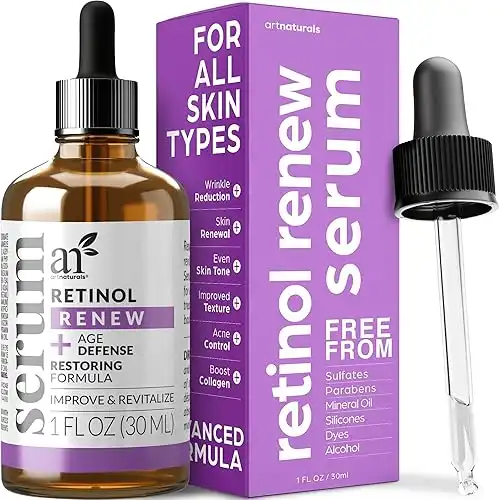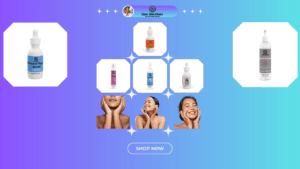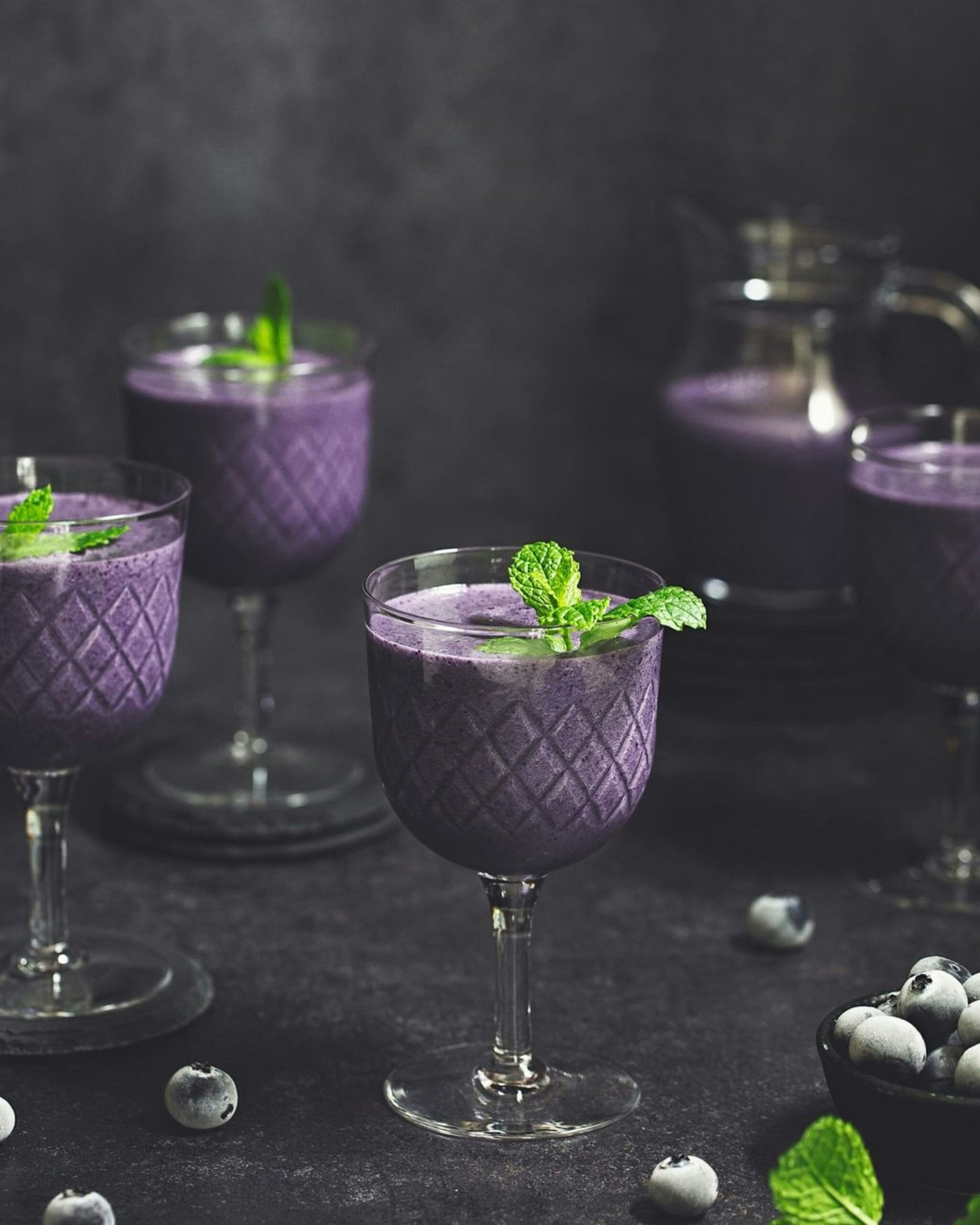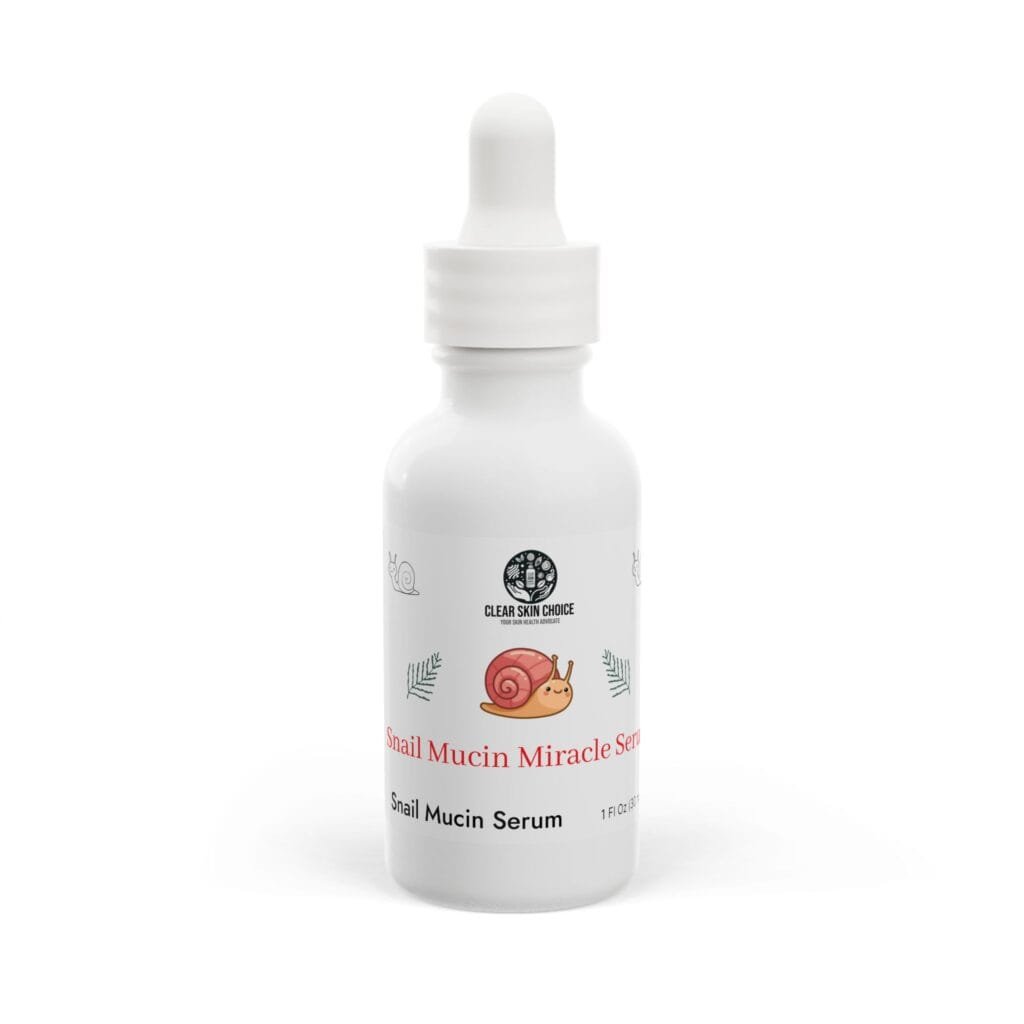Learn How Skin Aging Chemicals in Food and Water Ruin Skin Health
Table of Contents
Skin aging chemicals are not just a cosmetic concern; they have profound implications for overall health and well-being. As individuals age, their skin loses elasticity and moisture, leading to wrinkles and other signs of premature aging. Researchers are increasingly realizing that the impact of skin aging chemicals found in everyday food and water may play a significant role in this process. While diet and hydration are foundational elements of healthy skin, many health-conscious consumers remain unaware of how certain additives can accelerate skin deterioration.
Environmental factors, from pollution to harmful substances hidden in our meals, are invisible adversaries in the fight against skin aging. According to dermatologist Dr. Adam Friedman, “What you consume directly affects how your skin ages.” Common components like artificial preservatives and chemical contaminants infiltrate diets and water supplies, posing a dual threat to skin vitality. Awareness of these dangers is essential for anyone looking to maintain youthful-looking skin in an increasingly toxic environment.
In this article, readers will uncover the dark side of food additives, water pollutants, and skin aging chemicals that age the skin. From understanding which chemicals are impacting their complexion to discovering strategies for healthier living, this guide aims to arm health enthusiasts with the knowledge necessary for making informed choices about nutrition and skincare products. Prepare to explore why safeguarding your body from dangerous skin aging chemicals could be one of your best defenses against premature aging.
Click Image Below for Video
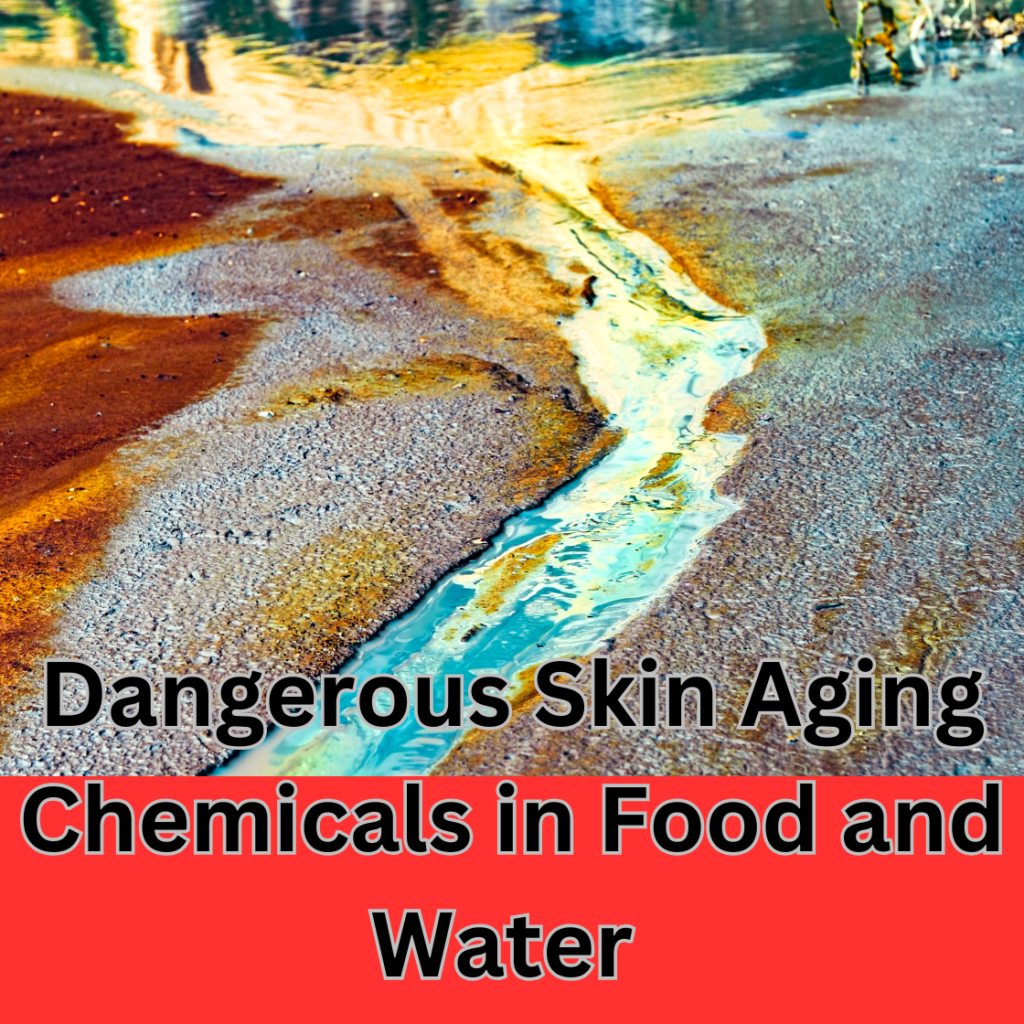
Understanding Skin Aging
Skin aging is a natural process influenced by various factors, primarily related to skin elasticity and hydration levels. As individuals age, the skin produces less collagen and elastin, proteins essential for maintaining firmness and resilience. This decrease in production leads to sagging and the formation of fine lines and wrinkles. Additionally, hydration plays a crucial role; dehydrated skin often appears dull and lifeless, emphasizing signs of aging. A well-hydrated epidermis not only looks plumper but also supports its protective barrier against environmental damage.
Several factors contribute to premature aging beyond just the passage of time. Lifestyle choices such as smoking, excessive alcohol consumption, and poor diet can significantly impact skin health. For example, smoking diminishes blood flow, depriving the skin of vital nutrients while promoting free radical damage—a key contributor to cellular aging. Similarly, diets high in processed foods containing detrimental skin aging chemicals can exacerbate this problem by introducing harmful additives that disrupt normal physiological processes.
Environmental exposure further complicates matters. Ultraviolet (UV) radiation from sun exposure breaks down collagen and leads to photoaging, which presents itself through pigmentation changes and loss of elasticity. Moreover, pollution introduces toxins into the skin that can lead to inflammation—an enemy of youthful appearance—as it accelerates cell turnover rates improperly. Research indicates that urban environments where pollution levels are elevated may see higher instances of premature skin aging compared to less polluted areas.
Maintaining healthy skin requires awareness of these contributing factors linked to aging processes. By making informed lifestyle changes—such as avoiding harmful chemicals in food products or protecting oneself from pollutants—the negative impact on the skin may be mitigated significantly. Consumers might consider opting for natural skincare products that do not contain various synthetic ingredients known to promote accelerated aging while focusing on hydration strategies through adequate water intake and nutrient-rich diets rich in antioxidants as foundational components for preserving youthful vitality.
The Impact of Food Additives
Food additives play a significant role in modern diets, often altering the natural composition of what people consume. Many common preservatives found in processed foods, such as BHA (butylated hydroxyanisole) and BHT (butylated hydroxytoluene), are not only used to prolong shelf life but may also negatively impact skin health. According to dermatologist Dr. Ava Shamban, “These chemical compounds can interfere with the body’s natural processes, leading to increased oxidative stress which is known to contribute to premature aging.” Oxidative stress occurs when there is an imbalance between free radicals and antioxidants in the body, ultimately harming skin elasticity and hydration.
In addition to preservatives, artificial colors—often derived from petroleum—are prevalent in many snacks and sugary drinks. Examples include Red 40 and Yellow 5. These synthetic dyes have been linked to inflammatory responses and allergic reactions that can manifest visibly on the skin. The National Institutes of Health has reported that food coloring agents may trigger sensitivities leading to conditions like
Furthermore, emulsifiers like polysorbate 80 are commonly used in many processed foods for texture but can disrupt the gut microbiome when consumed excessively. Research indicates a well-balanced gut microbiome contributes significantly to nutrient absorption and inflammation reduction across various body systems, including the skin. An imbalanced gut may lead directly or indirectly to signs of aging such as dryness or increased susceptibility to wrinkles.
Overall, awareness of food additives is vital for health-conscious individuals looking to preserve their youthful appearance. By choosing whole foods over processed items—rich in antioxidants—the negative effects associated with specific additives can be mitigated, allowing one’s skin more opportunity to rejuvenate naturally over time.
Water Contaminants: A Hidden Threat
Many individuals may not realize that the water they drink could harbor various chemical contaminants that significantly affect skin health. According to a report from the Environmental Protection Agency (EPA), common water pollutants include heavy metals like lead and mercury, along with industrial chemicals such as per- and polyfluoroalkyl substances (PFAS). These contaminants can leach into drinking water supplies through aging infrastructure or runoff from industrial sites, posing risks far beyond immediate health concerns.
Drinking contaminated water poses a direct threat to skin vitality. Heavy metals are known to disrupt cellular processes, leading to oxidative stress, which accelerates skin aging. In addition, PFAS have been linked to hormonal imbalances that can influence skin hydration levels. Dermatologist Dr. Emily Wu explains, “When the body is burdened by toxins from our environment, including in what we consume—like contaminated water—it struggles to maintain healthy skin function.” As hydration diminishes and elasticity wanes due to these age-accelerating agents, one may notice premature wrinkles and dullness.
Moreover, chemical exposure through drinking water is not merely an internal concern; it can manifest visibly on the skin. Impurities like chlorine—commonly used for disinfection—can cause dryness and irritation when consumed over time. This underlines the need for proper filtration systems at home or opting for high-quality bottled sources that acknowledge safety standards recognized by health authorities.
As individuals grow more aware of dietary choices impacting their overall health, awareness must also extend to hydration practices. Maintaining optimal skin requires clean sources of water free from harmful contaminants. Small changes such as investing in an efficient water filter can significantly improve both health and longevity of one’s skin by reducing exposure to these hidden threats in everyday life.
Chemical Exposure in Daily Life
Everyday exposure to chemicals can significantly contribute to premature skin aging, making it essential for individuals to recognize the sources around them. Common household items, including skincare products and cleaning supplies, often contain ingredients that may harm skin health over time. For instance, many beauty products utilize parabens as preservatives and synthetic fragrances that not only irritate the skin but also disrupt hormonal balance. Dermatologist Dr. Sarah Kahn notes, “Many consumers are unaware of the long-lasting effects these chemicals can have on skin vitality and elasticity.”
Household cleaners are another critical source of harmful chemicals. Products designed for cleaning surfaces often include aggressive agents like ammonium compounds or bleach, which can lead to irritation when they come into contact with the skin or when their fumes are inhaled. Prolonged exposure to these substances can make skin more susceptible to damage from environmental factors such as UV radiation and pollution. Thus, avoiding harsh cleaning agents and opting for eco-friendly alternatives can significantly mitigate this risk.
Reducing chemical exposure by opting for safer alternatives can yield notable benefits for overall skin health. Simple changes like choosing organic skincare products free from synthetic additives or using vinegar and baking soda for household cleaning reduce harmful influences on the skin barrier. Health experts advocate for a mindful approach to ingredient lists; understanding what one applies daily is crucial for maintaining youthful-looking skin beneath layers of makeup or after a busy day of housework.
Making informed choices extends beyond skincare routines—it encompasses lifestyle habits as well. By minimizing chemical exposure at home, individuals enhance their skin’s ability to recover and rejuvenate naturally. Adopting a proactive stance against everyday toxins helps pave the way toward healthier aging and vibrant skin even in demanding environments.
Nutritional Awareness for Healthy Skin
A balanced diet rich in antioxidants plays a crucial role in maintaining healthy skin and combating the effects of skin aging chemicals. Antioxidants help neutralize free radicals, which are unstable molecules that can damage skin cells and accelerate the aging process. “Consuming a variety of fruits and vegetables provides essential vitamins and minerals that contribute to skin vitality,” says Dr. Samantha Terrell, a dermatologist based in New York City. These nutrients help maintain skin elasticity, hydration levels, and an overall youthful appearance.
Incorporating specific foods into your diet is key to improving skin health. Berries are particularly high in antioxidants; strawberries, blueberries, and blackberries pack significant Vitamin C content that promotes collagen production—an important protein for maintaining skin structure. Additionally, fatty fish such as salmon contain omega-3 fatty acids known for their anti-inflammatory properties. This can aid in reducing dryness and redness while boosting hydration levels from within.
Another powerhouse food includes leafy greens like spinach and kale, which are rich in vitamins A, C, E, and K. These vitamins enhance skin renewal processes while helping to protect against ultraviolet damage from sun exposure—a common factor contributing to premature aging. Furthermore, incorporating nuts and seeds into daily meals not only adds healthy fats but also provides additional minerals like zinc, crucial for maintaining optimal skin repair mechanisms.
It’s not just what you eat—it’s also about balancing these foods with hydration. Drinking adequate water is essential for keeping the skin hydrated from inside out; dehydration can exacerbate the visible signs of aging by making skin appear duller or more wrinkled. By adopting this nutritional awareness around antioxidant-rich foods while staying well-hydrated, individuals can significantly counteract the damaging effects of harmful chemicals found in food products and improve their overall skin health over time.
Expert Advice on Anti-Aging Strategies
Preventing premature skin aging often requires a multifaceted approach, according to dermatologists. Dr. Amelia Grant, a board-certified dermatologist, emphasizes the importance of understanding the impact of both internal and external factors on skin health. “Maintaining a balanced routine that focuses on protection, nutrition, and hydration is essential,” she explains. This holistic strategy can mitigate the damaging effects caused by environmental toxins and harmful additives in food.
A key recommendation is the incorporation of antioxidants into skincare routines. These powerful compounds help neutralize free radicals generated from pollution and processed foods that accelerate aging. Products boasting ingredients like Vitamin C, E, and ferulic acid are proven allies against skin damage. Additionally, Dr. Grant advises using serums rich in
Moreover, dermatologists suggest being vigilant about ingredient labels. Many products contain harsh chemicals that can exacerbate signs of aging over time. According to Dr. Raj Patel, another leading dermatologist, switching to clean beauty products devoid of parabens or sulfates may yield significant improvements in overall skin texture and tone. “Opt for natural alternatives when possible,” he states, reinforcing that consumers should prioritize brands committed to transparency regarding their formulations.
In addition to topical applications, lifestyle choices can further enhance anti-aging efforts. Regular sun protection is non-negotiable; broad-spectrum sunscreen with at least SPF 30 should be applied daily—a preventive measure supported by numerous studies showing its effectiveness against UV-induced aging. Coupled with these practices—maintaining a nutritious diet rich in colorful fruits and vegetables—individuals can arm themselves against the relentless march of time on their skin and promote lasting vitality.
Adopting Healthy Skin Tips
Maintaining youthful-looking skin requires more than just using effective skincare products; it involves adopting simple lifestyle changes that can significantly impact skin health. One of the most crucial habits is staying well-hydrated. Water plays a fundamental role in maintaining skin elasticity and hydration levels, helping to combat the effects of skin aging chemicals that might compromise your complexion. Experts recommend drinking at least eight glasses of water daily, but individual needs may vary based on activity level and climate. Incorporating hydrating foods like cucumbers, oranges, and strawberries can also bolster hydration while providing essential nutrients, aiding in overall skin vitality.
Another vital strategy is consistent sunscreen use. Ultraviolet (UV) exposure leads to accelerated skin aging by breaking down collagen and causing oxidative stress. Daily application of a broad-spectrum sunscreen with an SPF of 30 or higher protects against harmful UV rays, irrespective of weather conditions. Reevaluating its application—reapplying every two hours when outdoors—and incorporating protective clothing can further enhance protection against cumulative sun damage over time.
In addition to immediate skin-saving strategies, long-term practices are essential for combating the deep-seated effects caused by environmental factors and harmful substances in everyday life. For instance, reducing exposure to known skin aging chemicals found in common household products can make a considerable difference in maintaining healthy skin as one ages. Opting for natural cleaning supplies and skincare products free from parabens and sulfates supports healthier choices both for personal care routines and home environments.
Finally, embracing a balanced diet rich in antioxidants is paramount for preserving youthful skin over time. Foods like leafy greens, nuts, berries, and fatty fish provide key nutrients that fight inflammation and promote cell regeneration. Alongside these dietary choices, integrating regular physical activity enhances circulation—delivering oxygen and essential nutrients to the skin while flushing out toxins—all significant contributors to a radiant appearance as one moves through different stages of life. Adopting these proactive measures establishes a barrier against externally induced aging and also fosters inner wellness on the outside.
Sunburn will age your skin, but we need the unfiltered sun to receive vitamin D. Do not be afraid to spend a half hour in late morning sun and try to expose at least 80 percent of your skin. Slathering on sunscreen blocks vitamin D reception so you must keep this in mind for your overall health!
Taking Control of Your Skin Health
The dangers posed by skin aging chemicals in our food and water cannot be understated. Common additives found in processed foods and contaminants in tap water can contribute significantly to premature skin aging, affecting hydration and elasticity. According to dermatologists, cumulative exposure to these harmful substances exacerbates the natural aging process, potentially leading to more pronounced wrinkles and loss of vitality. Adopting a critical approach toward food choices and staying informed about water quality is essential for maintaining healthy skin.
Readers are encouraged to make informed decisions regarding their diets and environmental exposures to combat the effects of aging on their skin. This includes advocating for cleaner eating habits free from harsh preservatives and seeking out reliable sources of drinking water. Simple preventive measures can have lasting impacts on skin health and longevity. By prioritizing nutrition rich in antioxidants and being mindful of daily chemical exposures, individuals can empower themselves with knowledge that helps preserve youthful-looking skin for years to come.

